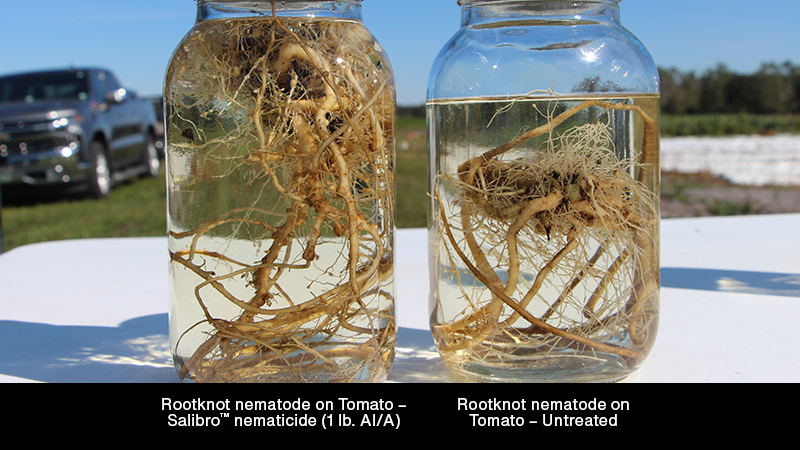Can Duckweed Be Used For Good On The Farm?
Duckweed, a common aquatic plant in lakes, ponds, and streams could help filter water contaminants like excess nutrients and then be used as a green manure in agricultural systems. Research by New Hampshire Agricultural Experiment Station (NHAES) scientists seek to understand how effectively growing duckweed in different bodies of water can capture excess nutrients, and then how to safely use the resulting harvested living duckweed as fertilizer on farms.
“Unlike chemical fertilizers, which provide quick nutrient boosts but when mismanaged can also lead to adverse environmental impacts, green manure releases nutrients slowly and supports microbial activity, thus enhancing benefits to plants,” says Anna O’Brien, an Assistant Professor in the University of New Hampshire College of Life Science and Agriculture. “We chose duckweed as a possible green manure because it’s a native plant in New Hampshire, it’s naturally abundant in our waterbodies, and research shows that it can recapture nutrients in runoff and agricultural wastewater.”
In previous studies led by O’Brien, she found that duckweed, when interacting with microbial organisms that live on or inside the plants, can transform certain pollutants into forms that are predicted to be less toxic. Through similar mechanisms, the duckweed microbiomes could significantly reduce how much nitrogen and phosphorus that can run off agricultural operations ends up in lakes, rivers and oceans.
For more, continue reading at unh.edu.








